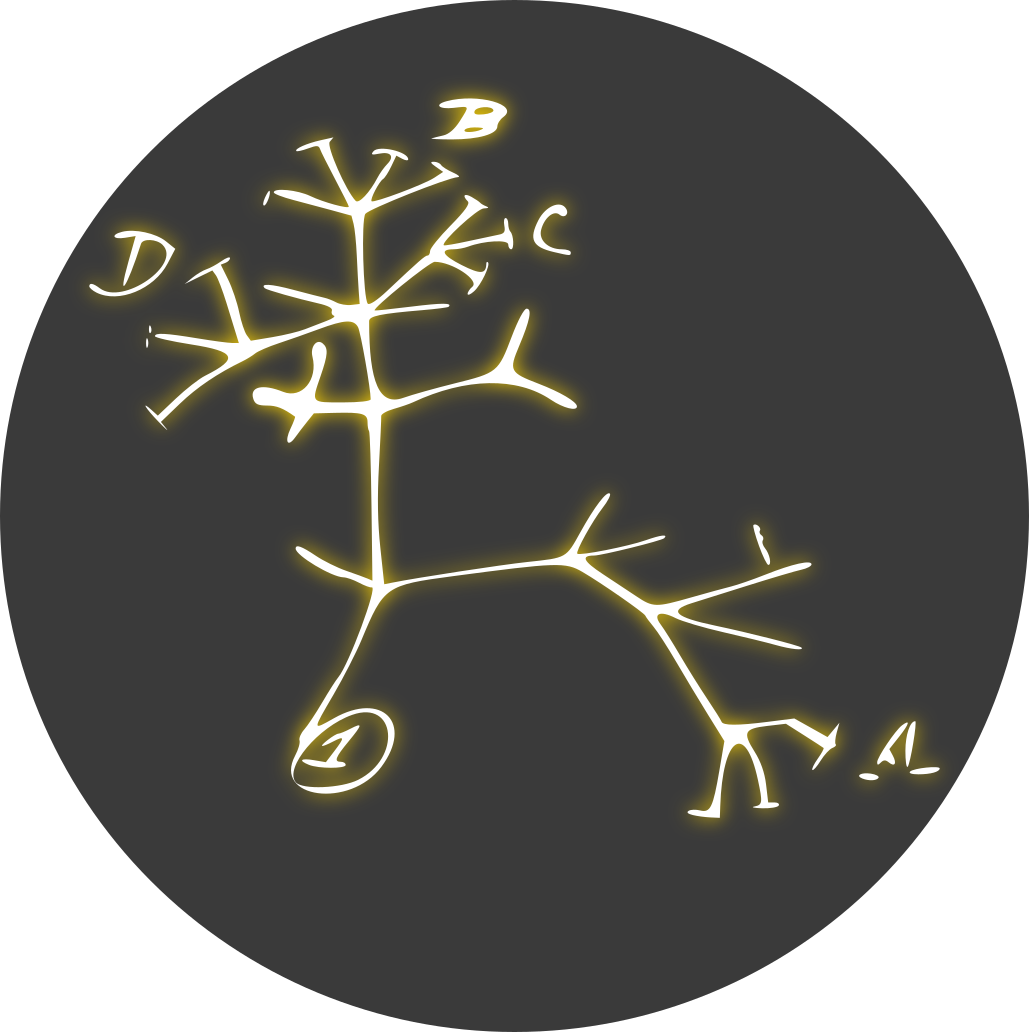

I bought a National Instrument’s data acquisition card (PCIe-6535B) not knowing that National Instruments is not very Linux-friendly and I was not able to get it working. At least it was a used card so I did not pay to much for it, but I learned my lesson not to assume compatibility.
Once I also used ‘rm -rvf *’ from my home directory while SSH’d into a supercomputer (I made a syntax error when trying to cd into the folder that I actually wanted to delete). I was able to get my data restored from a backup, but sending that e-mail was a bit embarrassing 😆


















No. I think they both lose more than they gain here. It doesn’t make sense as a strategy. Ego clash is a simple explanation.